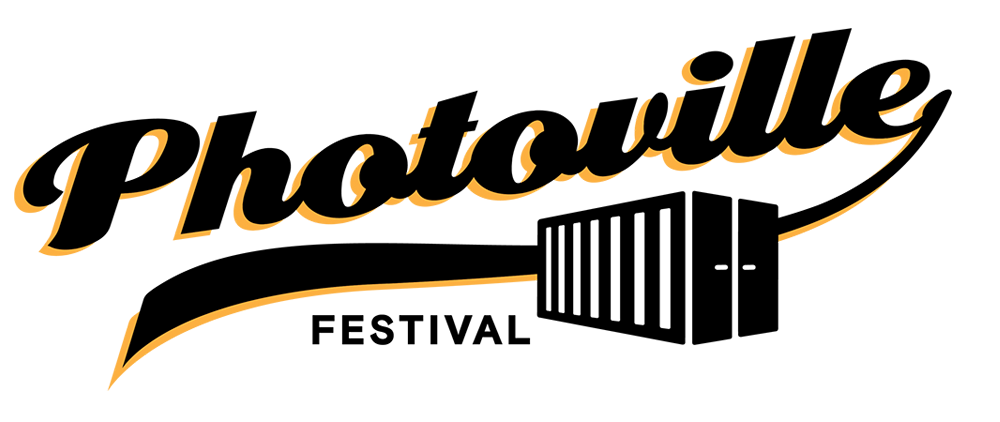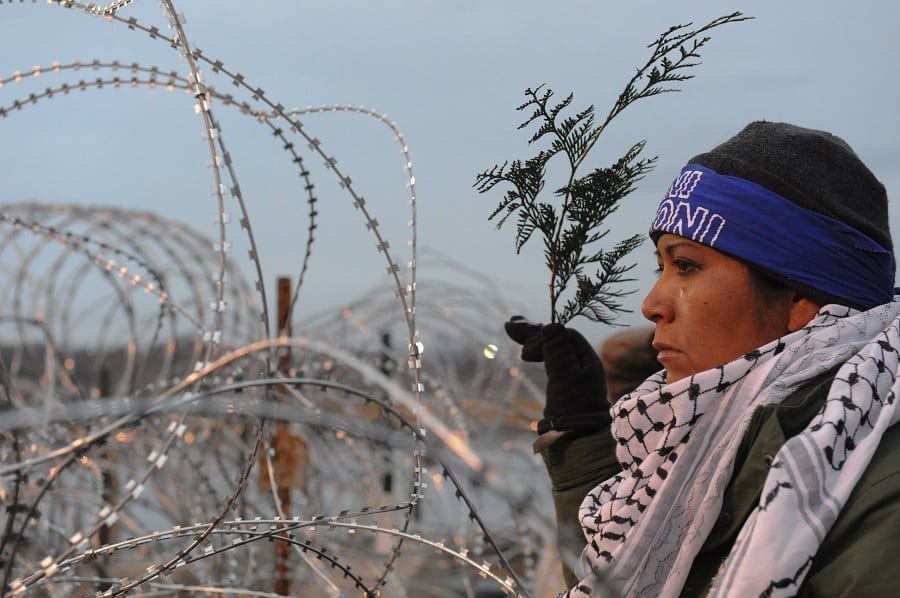Stephanie Keith is a nationally and internationally published photographer. Working for Reuters and Getty, she covers breaking news and editorial features. In 2016, her photos from a Reuters assignment to cover the Dakota Access Pipeline protest at the Standing Rock Indian Reservation won several awards, including Reuters’ Best Photos of the Year, The New York Times’ Pictures of the Year, NBC’s Best News Photos, and The Washington Post’s Pictures of the Year. Working for Reuters and Getty, her work has been featured in many international publications and media outlets, including The New York Times, which published her photos on the cover of the newspaper four times from January 2015 to November 2016. In 2012, the Newswomen’s Club of New York chose her as their Newswomen of the Year for her “in the trenches” photographs of the Occupy Wall Street movement. She consistently garners spots in ‘Photos of the Week’ in The Guardian, The Financial Times and The Atlantic for her work for Reuters and Getty. Much of her work focuses on protest, social issues and religion.
The name “Black Snake killers” refers to a Sioux prophesy of a time when indigenous people would come together to fight a proverbial black snake wreaking destruction upon the people. The protest against plans to pass the Dakota Access pipeline underneath the Missouri River, just north of the Standing Rock Indian Reservation in North Dakota, was considered by many involved to be the time of that prophesy. Indigenous people from around the globe, but especially North America, “heard the call” and traveled to North Dakota to set up a resistance camp against the pipeline. I documented this protest for 36 continuous days from the end of October to the beginning of December. While I was there, the camp grew in size from a few hundred protesters to a few thousand. My photos document the new community they created in camp, and their direct actions near their encampment and in the larger cities like Mandan and Bismarck. The water protectors, as they like to be known, were protesting for the environment and, in the process, created a new consciousness of indigenous unity and sovereignty.




